Photo credits: Trevor Samson/AFP for Getty Images
Nelson Mandela, a South African-born anti-Apartheid activist, national government leader, and Nobel laureate was regarded by many across the world as a shining example of what a lifetime of genuinely fulfilled greatness is.
Born July 18, 1918, in Mvezo, South Africa, Mandela was the son of a chieftain who was the head of his family’s Madiba Clan of the Xhosa-speaking Tembu Tribe. His father (Henry Mandela) died when he was still a young man. However, his father’s death automatically propelled him into a leadership post for his family and extended family.
However, the young, bright, and ambitious Mandela longed for a leadership position, which would qualify him as an advocate of all indigenous people living in his birth nation of South Africa. On faith in himself alone, Mandela first stepped out on his desire by denoucing his position as Chief of the Madiba Clan. His goal? To become a South African attorney-at-law.
After succeeding at his studies, Mandela still saw his fellow countrymen and women facing systemic challenges.
He held onto the need to use his legal education to better the political condition of his fellow black South Africans. The black majority was systematically oppressed by a ruling white minority that dominated the country’s politics. Mandela later joined an armed political party (African National Congress) to help fight for the basic civil rights of his people.
Mandela’s brave and noble decision to fight for the legal freedom and social equality of black South Africans nearly cost him his life. He served 27 years in prison for his revolutionary activities. However, in his clan’s resilient fashion, Mandela championed over the enemies of black South African justice by becoming the President of South Africa in 1994.
Even after Mandela left the national political realm as a ruling South African statesman, he remained visible on the world stage as one of Africa’s biggest global ambassadors for peace and justice. In 2002, a year after the September 11th attacks in New York and Washington D.C., Mandela gave a closing speech at an international peacekeeping and culture conference in the Kingdom of Saudi Arabia.
“The present moment in world affairs reminds us more than anything else about the imperative and urgency of such mutual understanding and respect for difference on a global scale. This moment in world affairs reminds us that world peace depends upon such global understanding and respect,” Mandela said in his remarks on September 16, 2002.
Up until his December 2013 death at 95-years-old, Mandela fulfilled his lifelong legacy of exhibiting true dignity. Read his entire speech at the 2002 Cultural Conference by the Kingdom of Saudi Arabia, and the opening of the exhibition here.





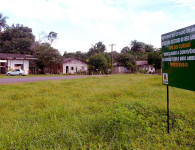
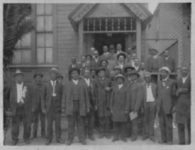

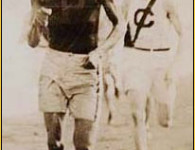
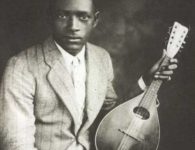
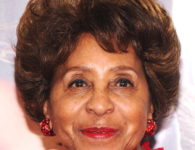

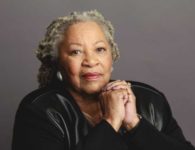
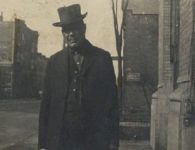
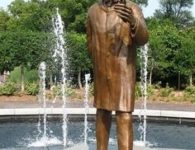
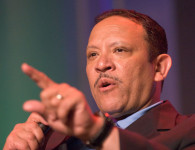
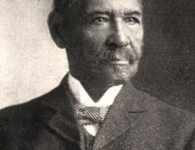
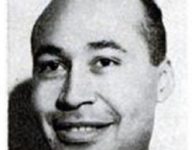
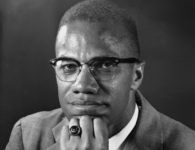

No comments